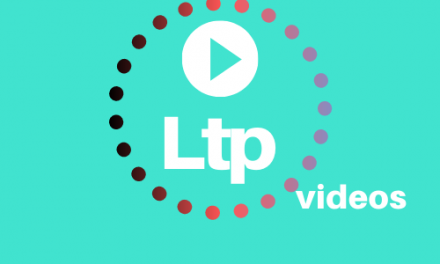LTP News Sharing:
This is part of a series of perspectives from researchers associated with Project Access, a project of the National Center for Public Policy Research’s Able Americans program. The mission of Project Access is to evaluate and describe what policies, programs, services, resources and research are available related to people with disabilities across 9 operational divisions of the federal Department of Health and Human Services (HHS) and thereafter to provide policy recommendations for better and equitable access to relevant HHS information.
Both individuals with disabilities and state entities seeking disability information will experience significant challenges as they navigate the U.S. Department of Health and Human Services (HHS) website.
For example, archived HHS page links seem to redirect users to a third-party website entitled “Pagefreezer.” There is no way to ascertain whether “Pagefreezer” is a legitimate site to navigate for accessing information. In one case, an HHS search for “Emotional and Behavioral Disorders” yields search results that include multiple archived Biden Administration press releases which are linked to “Pagefreezer.” To avoid the possibility of accessing a suspicious website, it would be helpful if HHS could find a way for archived pages to either be accessible through an official archived pages database, or make sure the hyperlinks are removed from the search tool.
It would also be helpful if archived HHS pages that are no longer accessible to the public were omitted from search results listings. Similar to the links triggering automatic document downloads mentioned elsewhere in Project Access case studies, these hyperlinks to archived pages do not change color after being clicked, therefore increasing the likelihood that the searcher will repeatedly access the same link or lose his or her way in attempting to find the information needed. Clearly these website searches can be daunting, and running into multiple archived or unavailable pages is common.
Furthermore, search terms seem to be unevenly weighed in linking to content. For example, using the search term “emotional disturbance” should lead to comprehensive links and information around the disability. However, the majority of information related to this search term relates to those with emotional disturbance who are homeless. Searches seeking a broader and relevant set of resources such as mental health services are not possible.
Challenges also exist between different search tools within the Substance and Mental Health Services Administration (SAMHSA). For example, entering similar search terms on the SAMHSA main search page and then on the grants search tool page often yield different sets of information. Adding to the confusion, the grants tool search page is inconsistent. For example, one result might take you to the grants dashboard with “FY 2020” selected in the filter, and another will have “2018” selected in the filter. The 2018 result might allow me selections from FY 2015, 2016 and 2017, but not FY 2019, 2020, 2021 and 2022. Then the FY 2020 search result allows selection of FY 2021, but no additional years. It’s unclear why the grants dashboard results are organized this way. Perhaps a partial solution would be an additional filter within the SAMHSA grants dashboard to display actively funded grants only, grants that ended within the last year, and older grants that are no longer being funded.
Author: The National Center







